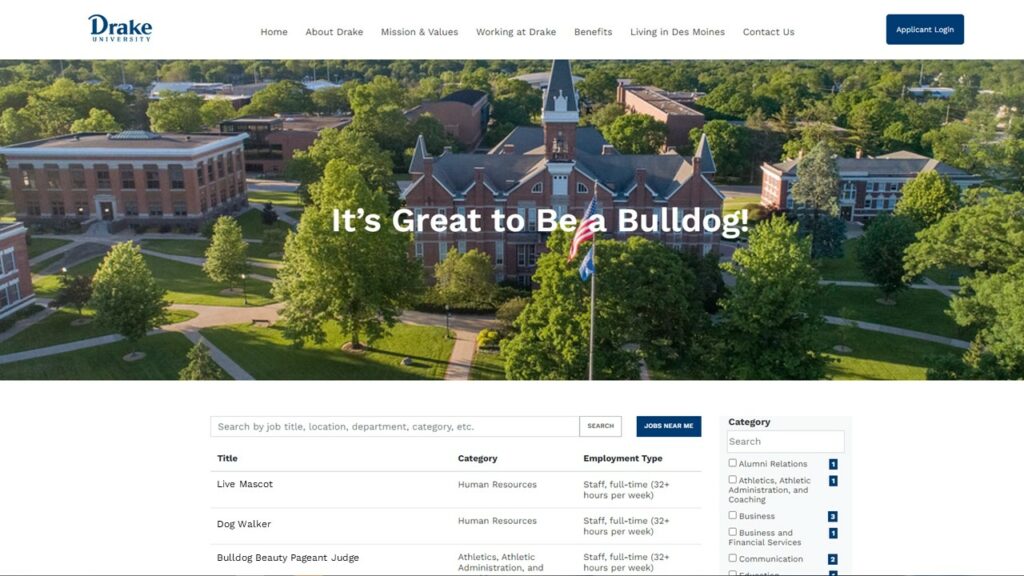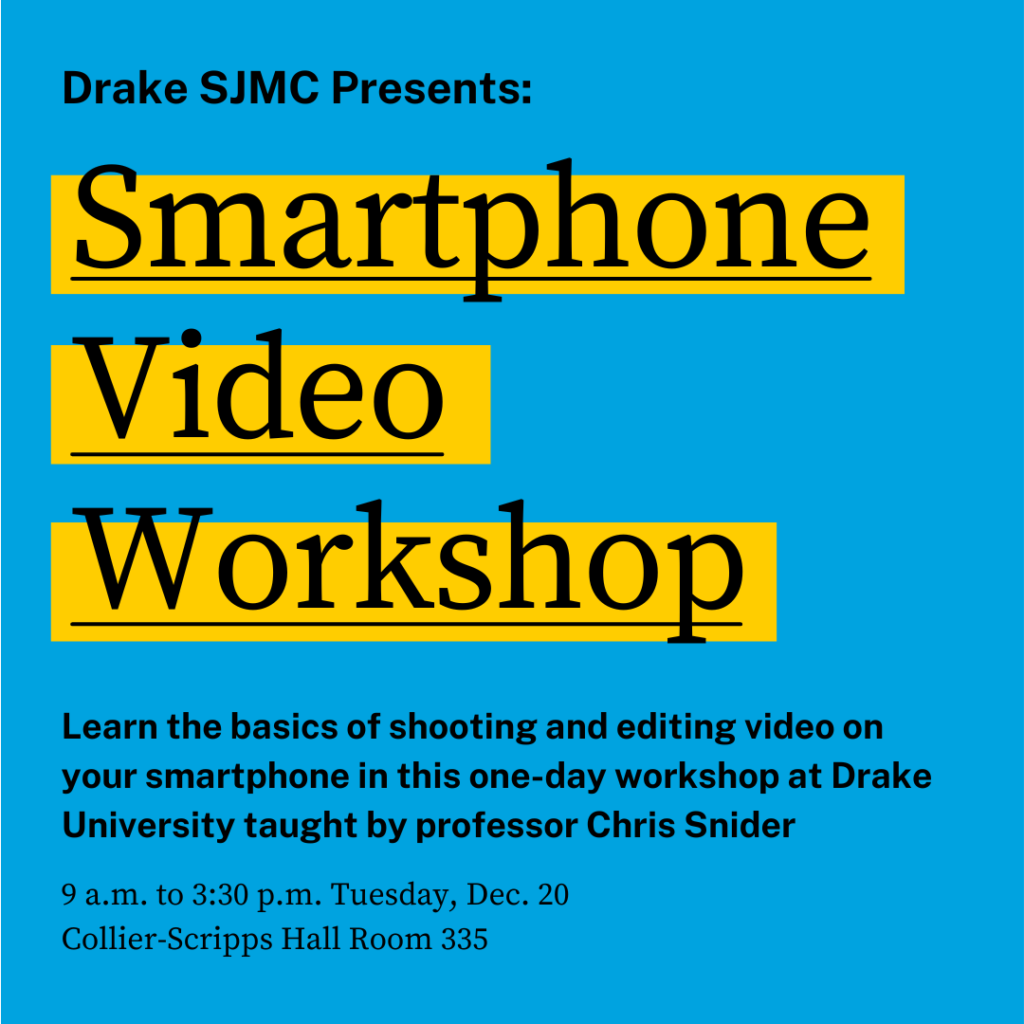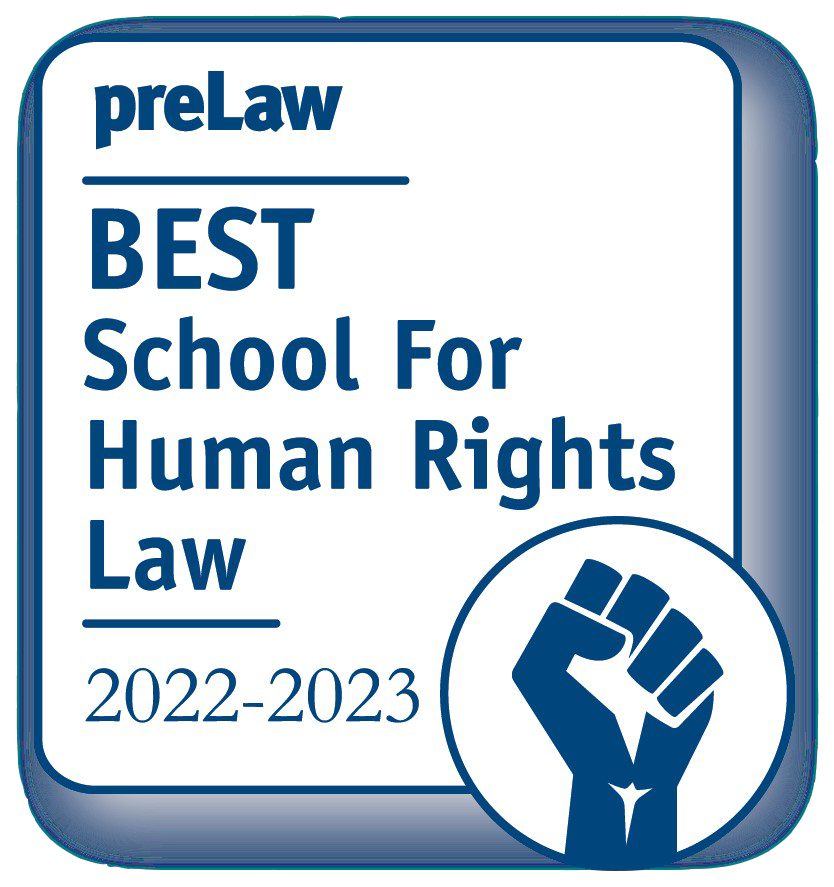… it’s true! When I was teaching full time, I always found myself wanting to write syllabi, instead of grade finals!
In that spirit, I’ve put together the roster of faculty development opportunities for January and the spring semester, and offer them to you here—in hopes you’ll be invigorated by the thought of planning ahead, and that you can envision a future where attending several of these opportunities makes sense.
January Development Opportunities
Appropriate Goal Setting for Spring: Jan. 10 from 12–3 p.m. This will be an interactive workshop with lots of time to think and plan—with a focus on how to balance teaching, research, and service responsibilities. We will meet in person in Howard Hall, with lunch provided—but with an option for those who want to participate remotely via Zoom. I’m happy to provide lunchtime hospitality. Sign up here.
Pedagogical Problem Solving: Jan. 6 from 9 a.m. to 12 p.m. We will take time to reflect on our experiences teaching this fall, brainstorm and problem solve solutions to common challenges, and engage in co-working to finalize syllabi for spring semester. I’m happy to provide breakfast. Sign up here.
Spring Development
At the enthusiastic recommendation of several humanities and social science faculty (thank you Professor Karen Leroux!), my office has purchased a site license for a learning technology tool—Hypothesis is—which fully integrates into BlackBoard and facilitates direct student interaction and collaboration on primary source documents. Karen and I are working to coordinate some training opportunities for faculty who wish to learn more—please feel free to reach out to me, if you are interested, and I’ll keep your availability in mind while scheduling that opportunity.
This spring, I will be hosting a writing group focused on completing specific projects. We will meet at a set time every three weeks, for 90 minutes. We’ll spend 15–20 minutes checking in with the status of our projects (accountability) and the remainder actually writing/revising. If the group wants to, we’ll build in time for sharing our work as well. If you are interested in participating, please email me at renee.cramer@drake.edu as soon as possible, with your potential available times in the spring (or, perhaps, the times you know you’re not free), as well as some details (three sentences!) on the project you plan to finish by end-of-spring-semester. The main benefit—beyond community—I’ll provide hospitality, a quiet room, and your excuse to set aside dedicated time during your work week, for writing.
Also this spring, I’ll be hosting a workshop on writing and shopping a book proposal. If you are interested, please email renee.cramer@drake.edu with your general availability during February and March, so I can schedule at a time when the most folks are most available. And, we’ll have a series of Scholarship of Teaching and Learning Lunches, starting in mid-February. Watch for scheduling details.
Finally, please check your schedules and set aside time for Books for Breakfast. We will start the semester with a classic, Parker Palmer’s Courage to Teach on Feb. 7 and Feb. 21 from 8:30–9:30 a.m. We’ll read and discuss Helen Sword’s gorgeous book, Air & Light & Time & Space: How Successful Academics Write, on Friday mornings April 7 and April 21. Also this spring, we’ll welcome Christina Katopodis to campus to talk about her book (co-authored with Cathy Davidson) The New College Classroom (which several of us read this fall during Books for Breakfast), and we’ll have a special book read co-facilitated with CPHS faculty member Shankar Munusamy, on the challenging book: The Great Upheaval: Higher Education’s Past, Present, and Uncertain Future. We will meet four times for that book, and I’d request that if you think you might be interested in joining us, you email me with your potential availability in March, so I can schedule to maximize attendance.
— Renée Cramer, Deputy Provost



